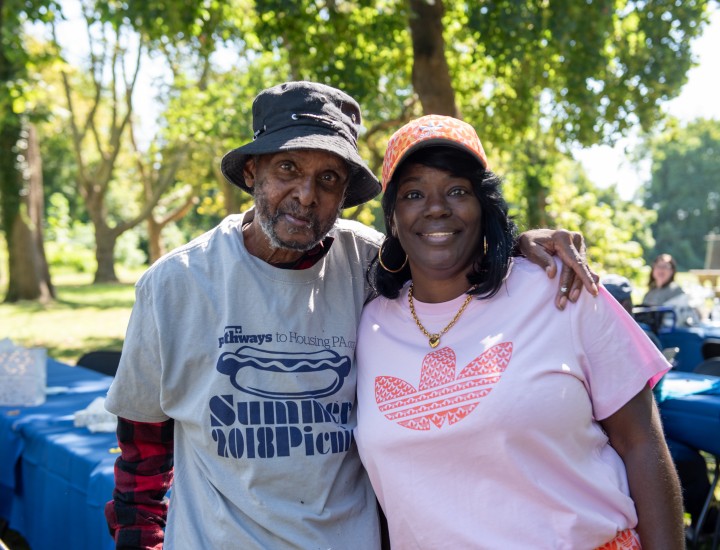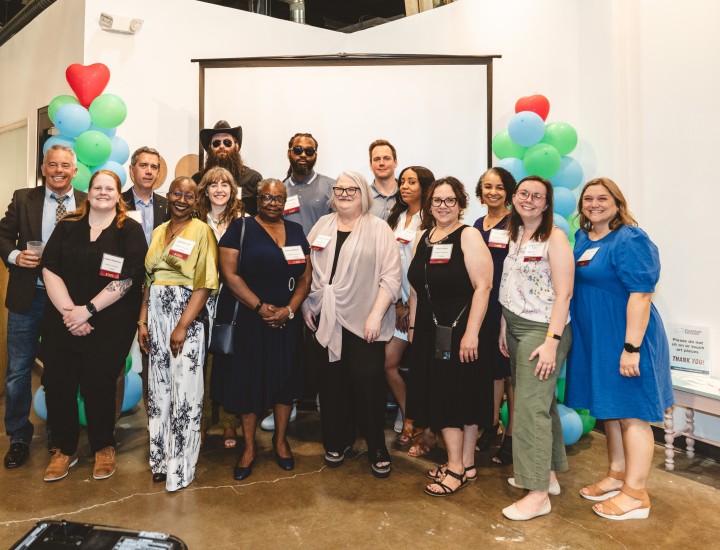Our History

At Pathways to Housing PA, we are constantly evolving to meet our community's needs. Committed to ending homelessness, we innovate and expand our programs to provide housing and comprehensive support, helping individuals reclaim their independence, find stability, and build brighter futures.
2008:
- Pathways to Housing PA partnered with Philadelphia city officials to launch our first two teams to address chronic homelessness.
- We currently house more than 550 individuals in regular apartments throughout Philadelphia with a retention rate of 86%, an unprecedented success in the field.
2014:
- Pathways opened the Philadelphia Furniture Bank, a centralized resource providing furniture to human service organizations across Philadelphia.
- Member agencies schedule appointments for clients to choose furniture for their new homes. Clients receive a full home’s worth based on household size, including new bedding.
- The Furniture Bank has furnished more than 9,000 homes since its founding.
2016:
- Pathways launched the Integrated Care Clinic, ensuring participants have access to a person-centered, trauma-informed approach that integrates physical and behavioral health care, focusing on recovery, wellness, and support for untreated medical issues.
- The clinic has since expanded to include our Center of Excellence (COE) for Opioid Use Disorder (OUD), which maintains medication, recovery support services, and benefits coordination to more than 200 participants with opioid use disorder.
2021:
- We launched the Alumni Association to support participants who have outgrown the level of care provided by Pathways to Housing PA and are capable of living more independently.
- Pathways Housing Wellness Corporation (PHWC) was established to rebuild abandoned lots and homes in Philadelphia into moderate-sized multi-family units, integrating them into the neighborhood landscape.
2022:
- Pathways launched Good Haul, a social enterprise junk hauling business. Good Haul works with the Philadelphia Furniture Bank to provide usable furniture to member agency clients and partners with nonprofits like Circle Thrift and Habitat for Humanity's ReStore to redistribute household items and reduce landfill waste.

